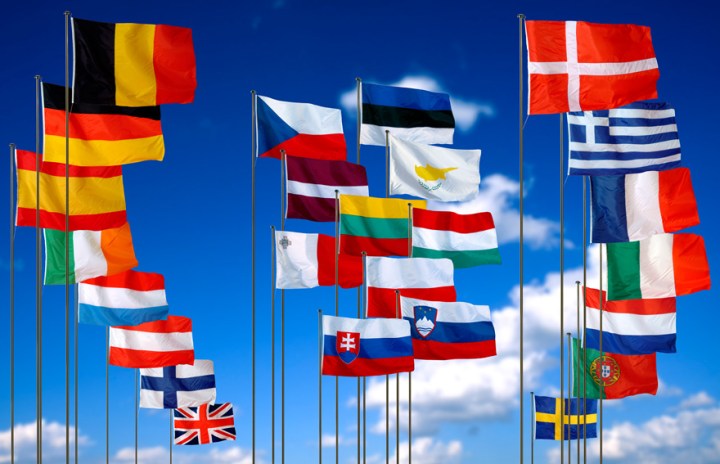
Members of the European Parliament on Tuesday, March 26, approved the Copyright Directive, legislation aimed at changing copyright law in Europe. The vote is being described by some as a blow for the free internet, as the two most controversial parts of the law — Article 11 and Article 17 — remain intact. The final vote was 348 for and 274 against.
Originally intended to give copyright holders more control over their content, the legislation had been in the works for over two years. Under Article 11 of the legislation, better known as the “link tax,” web platforms or websites like Google News will need paid licenses to link and create snips of news content.
Similarly, with Article 17 (formerly known as Article 13), content creators and users on websites like YouTube and Tumblr will have to obtain licenses for using copyrighted material like photos or videos before uploading. Known as the “upload filter,” such respected platforms would also be legally responsible for its users who upload copyright-protected content.
Critics have argued that these terms are relatively vague and could cut back on the free and open internet by limiting the flow of information. Several artists, including Paul McCartney and Lady Gaga, however, have supported the legislation. McCartney once said it would protect the music industry and make copyright violators legally accountable for their actions. Some websites, such as Reddit and Wikipedia, are on the opposing side of the issue and have previously protested the Copyright Directive by going “offline” for a day in Europe.
According to The Verge, Google expressed “legal uncertainty”about the Copyright Directive and believed it would “hurt Europe’s creative and digital economies.”
“The details matter, and we look forward to working with policymakers, publishers, creators and rights holders,” said a Google spokesperson to the publication.
The legislation will now make its way to member states of the European Union, which have up to two years to approve individual laws for their respective nations. It is not currently known how this will impact the United States, but it could hold the potential to influence or shape future policies. When Europe passed General Data Protection Regulations in 2016, many websites and online services based in the U.S scrambled to meet the requirements at the risk of being fined.


